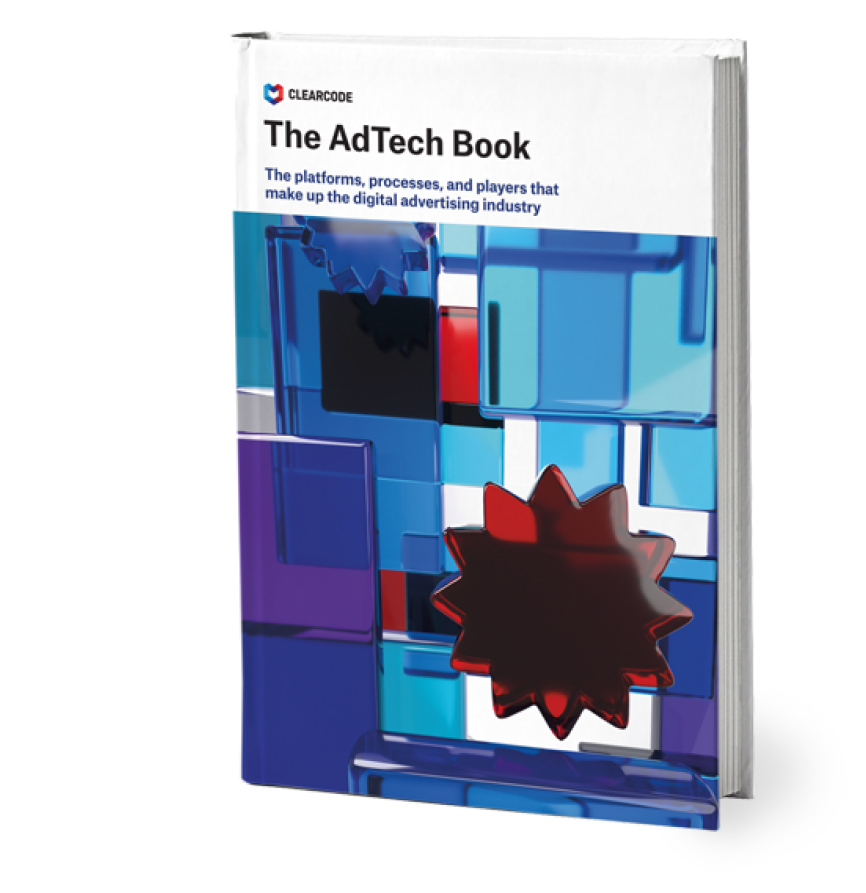When folks in the AdTech industry were putting their 2017 predictions together at the end of 2016 and beginning of 2017, most foresaw a year dominated by mergers and acquisitions, header bidding, AI and machine learning, and anything and everything to do with mobile.
While all these topics certainly progressed and made headlines throughout the year, there were 3 big stories in 2017 that weren’t included on most prediction lists.
1. Ads.txt
In 2016, everybody in the industry knew that ad fraud was a major problem, but few predicted that a solution to it (or at least to area of ad fraud) would emerge.
Ads.txt is an initiative developed by the IAB Tech Lab, aimed at combating certain types of ad fraud, mainly domain spoofing and illegitimate inventory arbitrage, and providing transparency in what is a highly opaque industry.
The ads.txt project, released in May 2017 (correlated with the Google Trends graph above), is designed to clean up the online-advertising supply chain, help brands and advertisers purchase authentic digital media with confidence, and make it harder for fraudsters to profit from selling inventory that doesn’t belong to them.
The adoption of ads.txt got off to a slow start with only 12.8% of publishers having an ads.txt file under their domain as of September 2017. However, an announcement by Google in September 2017 stating that their Doubleclick Bid Manager will only buy inventory from publishers that have an ads.txt file saw the adoption rate reach 44% among the Alexa 10K global domains that sell advertising.
2. Intelligent Tracking Prevention
Apple’s adoption of this privacy feature had a major impact on some AdTech companies in the late 2017.
Intelligent Tracking Prevention is a new feature of Webkit, an open-source web-browser engine that powers Apple’s Safari web browser, among others, shipped out in the new release of Safari 11 and iOS 11. The feature aims to further protect users’ online privacy by changing the way Safari handles first-party cookies.
While the impact of these changes varied across the ecosystem, ad-retargeting services and DSPs were hit the hardest. A prominent example of this is the ad-retargeting platform, Criteo, which reported that Intelligent Tracking Prevention cost them $1 million in Q3 of 2017 and expects losses to amount to no less than $20 million in Q4.
Heading into 2018, it seems that the effects of Intelligent Tracking Prevention will only cause more havoic for the online advertising industry, combined that with the fact that other browser vendors may be looking at implementing a privacy-by-default feature to comply with the GDPR.
3. ePrivacy
While it wasn’t a completely unknown story, most companies in the online advertising ecosystem didn’t foresee the proposed ePrivacy regulation making the types of waves it did in 2017.
While the online advertising industry was busy trying to figure out what the GDPR meant and understand the impact it would have, the proposed ePrivacy regulation was starting to cause real concern due to the contents of the various drafts released throughout 2017.
As it stands currently, the ePrivacy regulation is being discussed in a trialogue (a type of informal meeting between the 3 legislative institutions of the EU), and therefore it’s not yet known when it will be adopted.
The current draft of the proposed ePrivacy regulation will have a direct impact on how advertisers, AdTech vendors, and publishers operate and if adopted in its current form will mean that big changes are on the cards for all parties in the ecosystem.
With the GDPR going into force on May 25, 2018, and with the ePrivacy regulation set to be adopted around the same time, 2018 will be an interesting year for the AdTech industry — don’t be surprised to see high-profile lawsuits and companies going bust.
Final Thoughts
2018 will be a pivotal year for the digital advertising industry as the GDPR, ePrivacy regulation, and the war on third-party trackers will force the industry to change and adapt to world where online user privacy and data protection can no longer be ignored.








